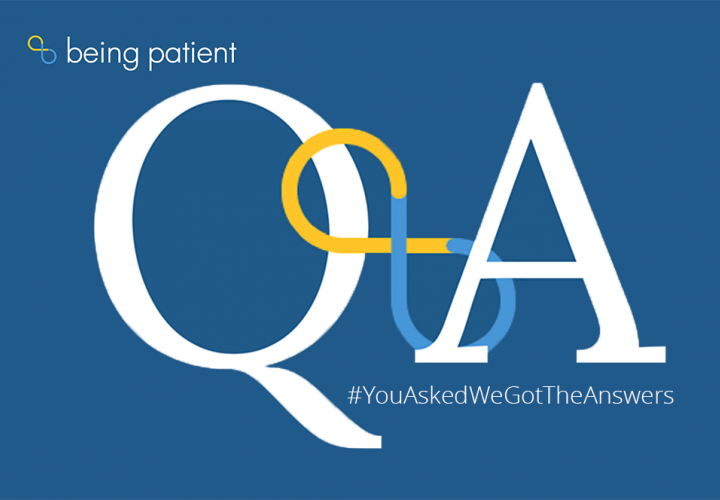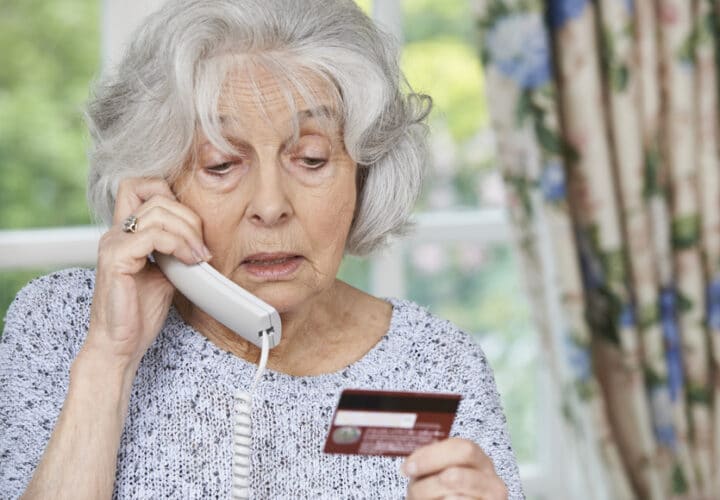When it comes to Alzheimer’s and dementia, learning aspects of law can be daunting. Family law attorney Kurt Winter shared intel with our readers, free of charge.
After a dementia diagnosis, many families have questions about legal or financial planning. We reached out to Kurt Winter, an attorney at law in Pennsylvania who has been practicing family law for 25 years, to get his advice.
One of Winter’s key takeaways: Families facing a new Alzheimer’s diagnosis will want to consider preparing, at minimum,
- a valid will
- a durable power of attorney, and
- a healthcare power of attorney.
“These three documents can provide for your wishes either upon becoming incapacitated or your passing,” Winter told Being Patient. Read on for his answers to several other questions from our readers.
Q: “After someone or their loved one receives an Alzheimer’s diagnosis, what kinds of issues should they contact an attorney about?”
A: They should make sure that they have the appropriate legal documents to nominate someone, or some people, to be powers of attorney. There’s two types of powers of attorney for people. One is durable powers of attorney, which allows the person to make any business decisions, or sign any contracts and deal with any insurance companies. It depends on the wording, but it’s pretty inclusive of anything that would be required by the person who is incapacitated or is going to be incapacitated. So, as long as the doctor hasn’t declared that person incapacitated, if they understand, they can sign the power of attorney that would grant that power to another person.
The other type is healthcare power of attorney, and the way I do them, and that a lot of attorneys do them, is that you have a living will component to the healthcare power of attorney, where you declare what life-saving measures you would want if you were declared to be terminally ill. The other part is to nominate someone to make medical decisions for you, in case you cannot make decisions for yourself. These powers of attorneys don’t kick in until you are unable to make decisions on your own, but what that does for the person is that they’re able to give that power to either a family member or close friend and it is recognized by the law that they can make decisions for you. If you do not have one and you’ve been judged to be incompetent, you have to go through guardianship proceedings, which involve direct court action and a judge’s approval, and people would have to be petitioning for guardianship, and it’s expensive.
Q: “How much would petitioning for guardianship cost?”
A: Well, with the guardianship, the expenses involve filing fees. In Pennsylvania, it’s more expensive because it requires an attorney to do the pleadings, and then the court has to appoint a guardian ad litem, another attorney to actually represent the incapacitated person, so now you’re paying another attorney to double-check and oversee the petition and the whole process to make sure the best interests of the incapacitated are followed. Then you have to have a court hearing, and sometimes it can be problematic if there are opposing people who want to be the guardian, and it can go into a trial if contested.
Which goes back to the fact that you should do good planning. Anyone who is an adult and wants to get their affairs in order should have a power of attorney nominated. That’s the problem; no one wants to think about a time when they might not have the capacity to make their own decisions, and if you let that slip away, and then have a diagnosis, the person just doesn’t have the capability to sign, then you have to do the guardianship, and it’s expensive.
Q: “Since there are two types of power of attorney, should separate people be assigned to each type?”
A: It depends on your situation. Normally, people will pick someone to be their healthcare power of attorney who has a background in healthcare. People who aren’t local to where the loved one is might not be the best to choose. It’s sometimes more convenient for the person to be nearby. For the durable power of attorney, the person who you would want to be your executor or executrix of your estate should have the capability to make business decisions.
Q: “Is there any type of financial support that a caregiver can claim after a loved one is diagnosed?”
A: There is social security and disability, depending on their age. I think there are some resources, there are some county-based resources, respite care. This would be care where the sufferer can either go to a day or sometimes overnight care situation so the caregiver has a chance for respite.
Q: “What should caregivers and their loved ones know about becoming someone’s power of attorney?”
A: It’s expected that the person be notified that they’re going to be powers of attorney, and they need to make sure the documents are kept in a safe place to be available when they need them, because it doesn’t really kick in until the person needs that power exercised. I’m the power of attorney for my wife’s mother; if we needed to do something banking-wise, we would need to fax copies of the power of attorney to them. If you’re working with a nursing home, they would require the documents to be on-hand.
Q: “What safeguards are in place or can be placed legally to prevent elder abuse or fraud?”
A: I’ve seen it, abuse of the powers of attorney, being handled in the criminal court as well as just a civil matter. If someone is misappropriating funds, usually it’s another family member who brings it across.
Q: “So should they select someone else to keep an eye on things?”
A: That’s an interesting thought there, because it seems like in every process you have auditors and things like that, but unfortunately, in the world of powers of attorney, there’s no one who fills that role. In most cases, I ask them to have a backup person, so that there’s more than one person who would have that right. In that case, you have someone else to look at what’s going on. But that’s a good point, that’s probably why there’s such abuses. There really aren’t such provisions. What you can do to help yourself is to have a backup person. In the case of a guardianship, they are required to provide yearly accountings.
Q: “What other legal issues should be discussed with an attorney? What questions should the family of someone who has been diagnosed with dementia consider?”
A: What you’re going to want to do is start estate planning. What’s recommended is that you start to take assets out of the name of the person with the diagnosis, like transferring assets to a spouse. When it comes to nursing home or Medicaid spend downs, they can be four or five thousand dollars a month, and removing assets from the name of the person safeguards them from going to spend downs and nursing home bills.
You can also set up a special needs trust so that that money can’t be accessed by the government or Medicaid and can be spent on special needs: luxury things, gifts, things that would not be considered normal care.
I guess what I would recommend is that they make sure they have their powers of attorney and a backup for each one, and then the family can work with the person to do any sort of asset protection. Once an application for Medicare or Medicaid has been approved, they have a five-year look back—they can look back into assets from the last five years.
UPDATED, 30 June, 2023: This August 2019 Q&A was updated to reflect new formatting and style guidelines.







Hello me, my mother and my uncles are all my grandmothers caregivers with Alzheimer’s.
My grandmother has gotten to the point where she refuses to eat, and bathe. Any second my grandmother can wander off, she will. She bugs her neighbors, goes to our church down the street, and tell sthem she hasn’t eaten in days. She calls scam numbers and random numbers she finds on tv or old phonebooks and has random conversations regarding her social security and personal things and pleads for help to them.
My mother wants to try and keep doing this Together as she is afraid to send her to a home and get mistreated.
My question to you is, is there any legal trouble if we were to cut her phone lines off or even lock her inside her own house? Of course with supervision but what if she’s screams and hollers!? She is very aggressive verbally and physically. So let me know, what should I expect or avoid if I was to take away her phone and lock her inside?